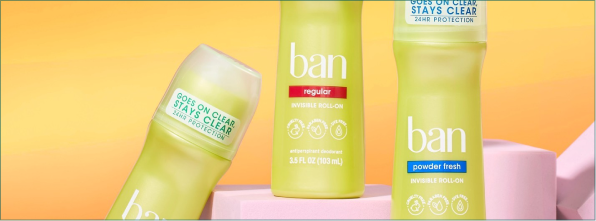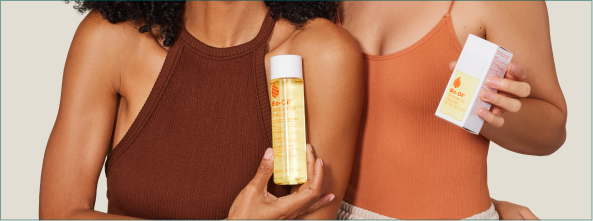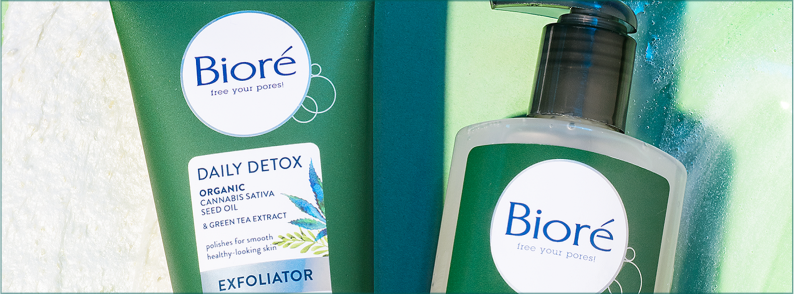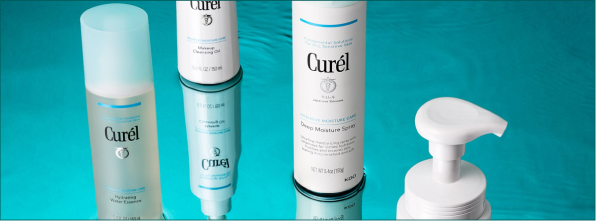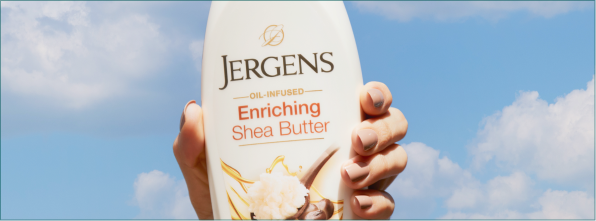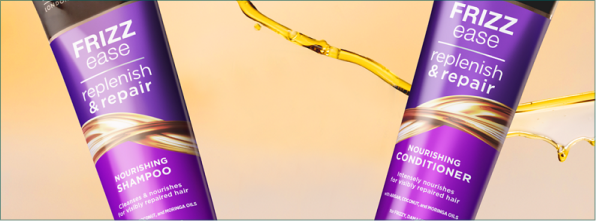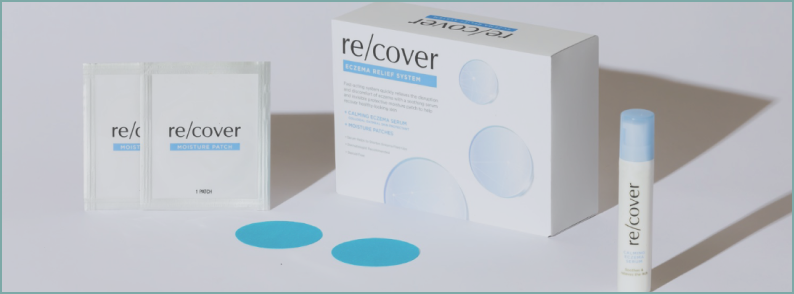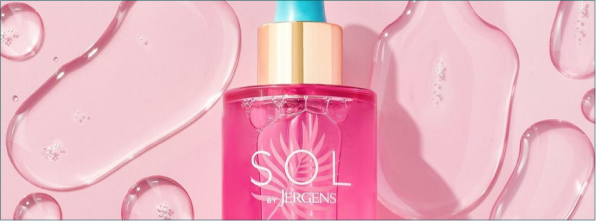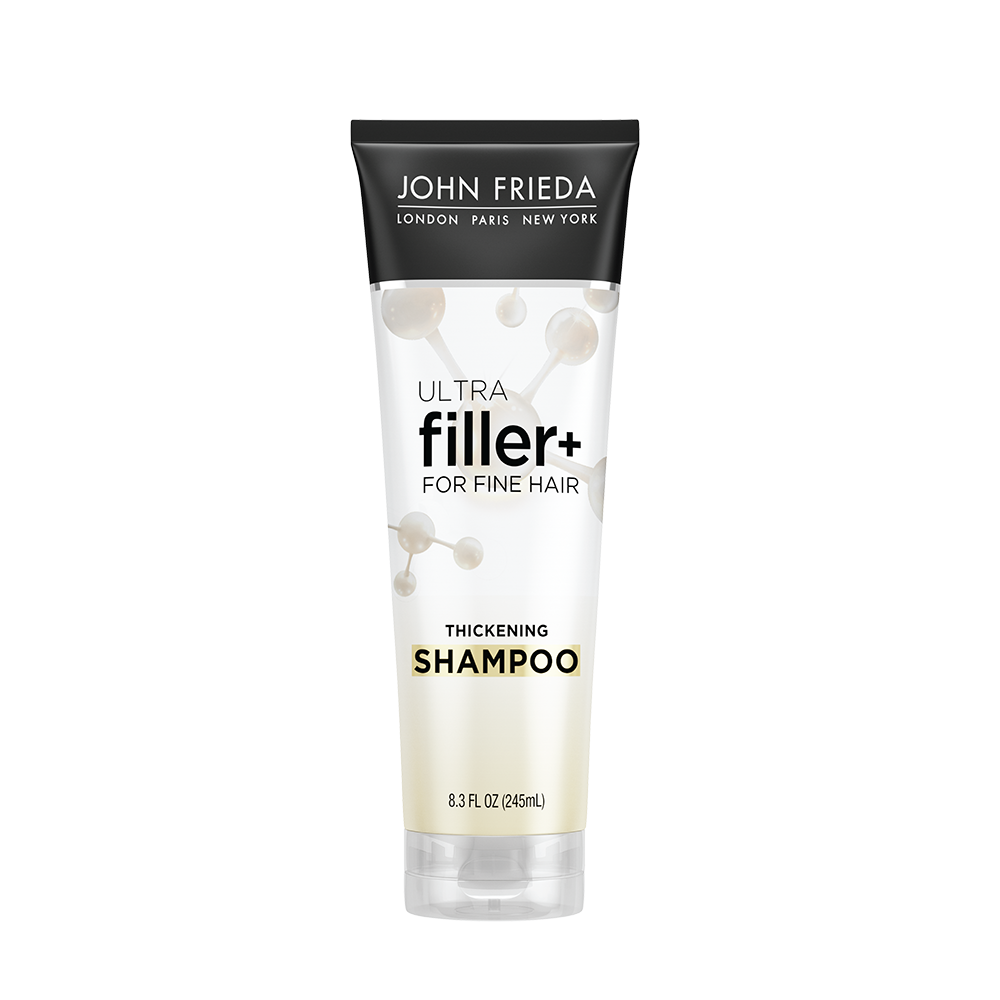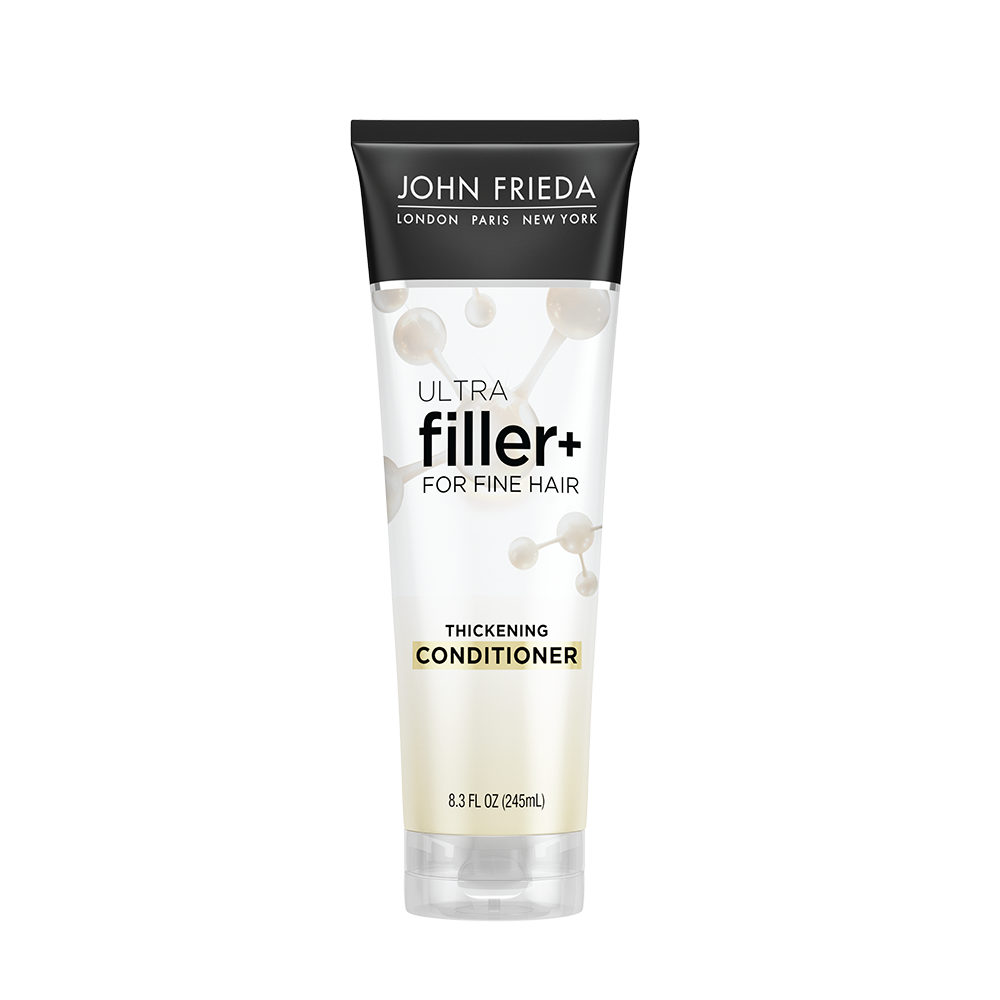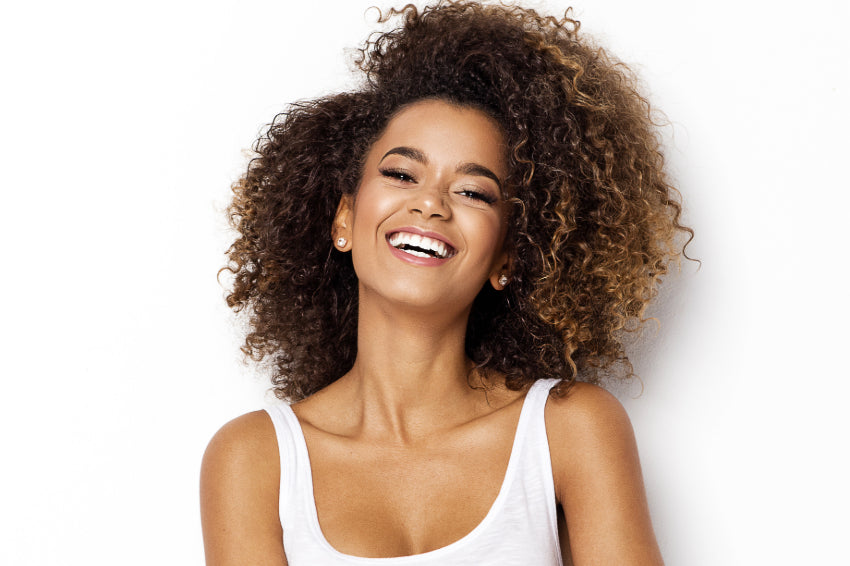Healthy Hair Foods

When it comes to your hair, nothing looks or feels quite as good as healthy. After all, undernourished locks can be dry and dull and come with unsightly breakage. While endless products aim to deliver the smooth, glossy appearance of healthy tresses, maintaining a well-rounded diet is the most effective method of keeping hair healthy.
Not only does diet impact your hair, but it also impacts your skin and nails (and just about everything else). These three things are made from a protein known as keratin, which can plummet when your diet falls short of protein and key nutrients. There is also a strong link between nutrition and your hair cycle. While hair goes through a natural cycle of growing, resting, and shedding, the success of these phases lies heavily in the foods you consume.
So, if you’re ready to ditch the dull and start to shine, we have the nutrition for healthy hair that you need.
Foods that Promote Hair Health
Before you look for vitamins to resolve all of your nutritional deficits, incorporating these foods for healthy hair into your diet may be easier than you think. The human body also metabolizes minerals and nutrients more efficiently that way. So here are a few things you can easily find in your local grocery store to bring some luster to your locks.
Eggs
Hair is mostly made of protein, so it would make sense that eating enough protein would create healthier hair. Eggs are known for their protein content and also contain biotin, a key nutrient in making keratin.
Avocados, Nuts and Seeds
Although fat has been demonized in the past, recent years have shed some light on good vs. bad fats. Natural plant fats found in avocados, nuts, and seeds are important for keeping hair healthy. These three are also rich in Vitamin E, which protects your scalp from stress caused by oxidants like pollution. Seeds and nuts also contain zinc, selenium, and B vitamins, which help support healthy hair growth.
Natural plant fats, such as those found in avocados, nuts, and seeds, are important for keeping hair healthy. These three are also rich in Vitamin E, which protects the scalp from stress caused by oxidants like pollution.
Leafy Greens, Sweet Potatoes and Sweet Peppers
Vitamin A, found in yellow and orange produce and dark leafy greens, helps moisturize the scalp and encourages hair growth. Sweet potatoes, in particular, are rich in beta carotene, which your body breaks down into Vitamin A. Folate and iron, also found in dark leafy greens, help to repair and regrow damaged strands.
Berries and Citrus
Looking for antioxidants and Vitamin C? Add some tasty berries and citrus to your meals to help your hair (and immune system) get healthier. Vitamin C promotes overall hair health by reducing loss and improving growth, and those with a Vitamin C deficiency may even notice split ends or dry hair. So make sure to include enough of this crucial vitamin into your daily diet.
Beans and Seafood
It might not be everyone’s favorite category, but the nutrients for healthy hair present in beans and seafood are hard to overlook. Beans and seafood contain zinc and protein, strengthening the hair follicle and increasing thickness. If you’re looking for hydration and shine, seafood is an excellent source of omega-3 fatty acids, which do just that.
Vitamins for Longer, Stronger Hair
While the human body absorbs nutrients better from food, sometimes that is not always possible. Whether you have a food intolerance, a busy schedule, or can’t stomach the idea of a certain flavor, taking vitamins for healthy hair is an easy and effective alternative. Getting all your necessary nutrients from vitamins should never be a practice, but taking vitamins can be a helpful supplement to your regular diet.
Vitamin A
It may seem counterintuitive, but you need oil on your scalp to promote healthy tresses and a balanced scalp. Vitamin A produces this oil, known as sebum, which keeps your hair hydrated and thus less prone to breakage and frizz.
Vitamin B
A variety of B vitamins play an important role in generating new hair. This is because the red blood cells they create bring oxygen to your scalp, stimulating hair growth. Vitamin B can also make your hair fuller and thicker in appearance.
Biotin
Although it is technically part of the B vitamins listed above, it does enough good things to stand on its own. Biotin stimulates keratin production and increases the rate of follicle growth. It also prevents your hair and nails from becoming dry and brittle.
Vitamin C
Vitamin C is a powerful antioxidant that carries keratin-building amino acids. It strengthens hair and helps it grow. If you don’t have enough vitamin C, your hair can become prone to breakage. Vitamin C also helps the absorption of iron, an important nutrient for healthy hair.
If you don’t have enough vitamin C, your hair can become prone to breakage.
Iron
Speaking of iron, it makes your blood nutrient-rich and feeds your hair follicles and roots. Without enough iron in your blood, you won’t get enough nutrients to your follicles, which could lead to alterations in the hair growth cycle.
Vitamin D
If you want to prevent excessive hair loss, Vitamin D can help. Vitamin D3 plays a critical role in the anagen, or growth, phase of your hair cycle. You can also get some Vitamin D by exposing your skin to the sun for a short period during the day.
Zinc
This mineral is critical for a healthy scalp. Without enough zinc, you may find it dry and flaky, which can, in turn, contribute to thinning hair. Zinc has also been shown to strengthen your hair follicle and increase hair thickness.
Other Factors That Play a Role in Hair Health
Now that you know what to feed yourself (and your hair), there are a few other things to keep in mind to ensure that your hair and scalp are cared for.
- Hydration is key to keeping hair and scalp healthy, as dry hair leads to breakage and a host of other issues.
- Stay current on blood work to check for any vitamin deficiencies or hormonal imbalances that could impact your hair health.
- Look for early hair loss signals and visit your doctor if you don’t have an explanation. Catching it early can make a huge difference for your long-term hair health.
- Stimulating your scalp can improve hair growth. You can gently brush or massage your scalp with your fingers to reap these benefits or purchase an actual scalp massager.
- Follow healthy hair habits, such as using a silk pillowcase, sleeping in braids, using lukewarm water, and avoiding tight updos and heat styling.
Hydration is key to keeping hair and scalp healthy, as dry hair leads to breakage and a host of other issues.
Nourishing Hair From the Outside
Eating nutritious foods or taking supplements is just one part of keeping hair healthy. Nourishing the outside of your hair is also a vital component of your hair health.
Regular deep conditioning will keep the cuticle (outside layer) of your strands smooth and shiny. If your hair is color-treated, you’ll want to make sure the hair products you’re using also protect the color. Damaged hair that’s been colored can still be conditioned with the right product.
To find products for damaged hair:
- Look for leave-in conditioners that repair damage and the specific issues you have with your hair.
- In addition to masks that you rinse off after a short period, you can also consider overnight treatments. Use just enough to coat your hair.
- Try shampoo, conditioner, and spray geared to help moisturize and feed your hair from the outside, keeping it healthy and gorgeous.
If you want terrific-looking tresses, make sure you care for your locks by eating the proper foods for healthy hair or supplementing with vitamins. Deep conditioning treatments and following a gentle hair care routine can also nourish your hair from the inside and assist in keeping it healthy and smooth.
